Così Fan Tutte
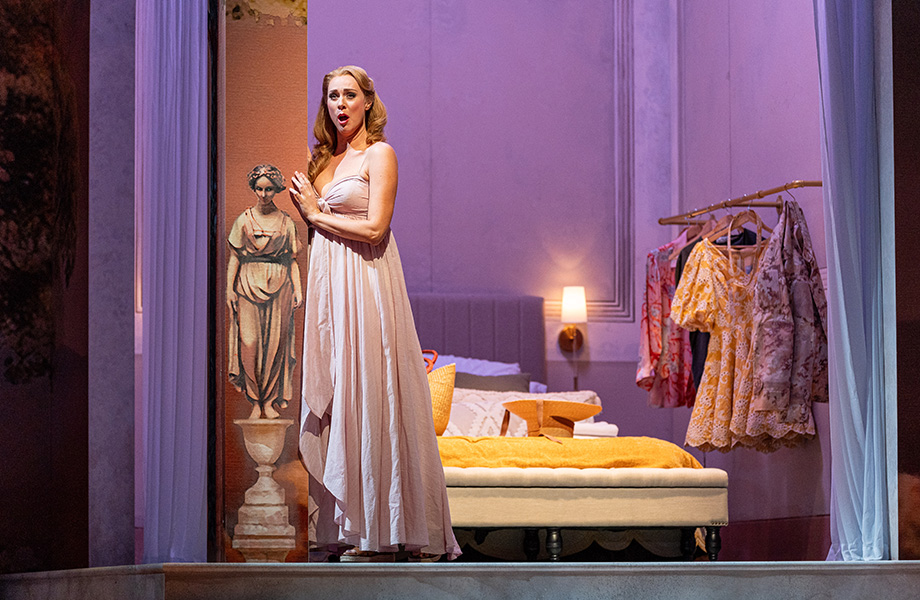
Così Fan Tutte – the third and last of Mozart and Lorenzo da Ponte’s collaborations – followed Le nozze di Figaro (Vienna, 1786) and Don Giovanni (Prague, 1787). This was a time of increased penury and loss for Wolfgang and Constanze (two children died during the writing of writing Così) but also one of almost unfathomable creativity for Mozart, who wrote his three last symphonies within a matter of weeks. Così (commissioned by the Emperor Joseph II) had its première in Vienna on 26 January 1790 (with Joseph Haydn in the audience) and would have run for longer than its season of ten performances but for the emperor’s death in February 1790. Mozart would compose two more operas – La Clemenza di Tito and Die Zauberflöte (both in 1791) – before dying at the end of that year, aged thirty-five.
Continue reading for only $10 per month. Subscribe and gain full access to Australian Book Review. Already a subscriber? Sign in. If you need assistance, feel free to contact us.






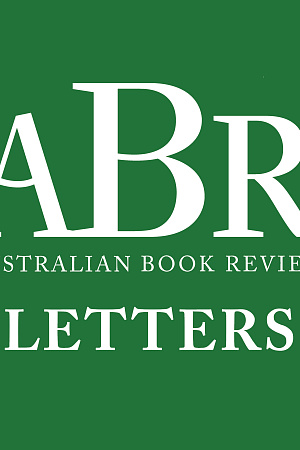
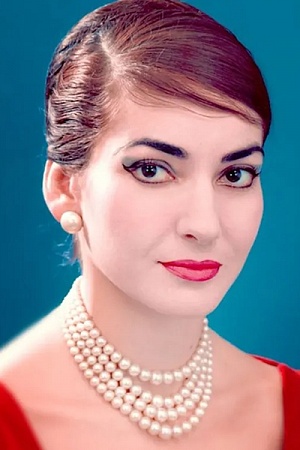
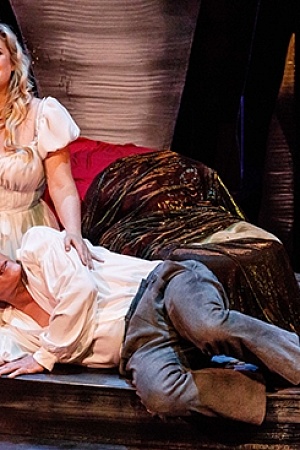
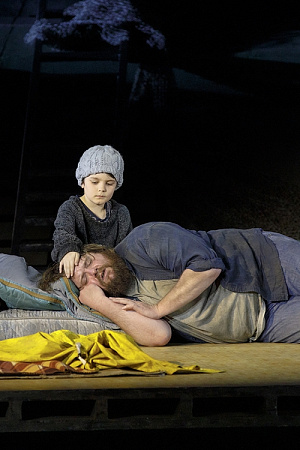
Leave a comment
If you are an ABR subscriber, you will need to sign in to post a comment.
If you have forgotten your sign in details, or if you receive an error message when trying to submit your comment, please email your comment (and the name of the article to which it relates) to ABR Comments. We will review your comment and, subject to approval, we will post it under your name.
Please note that all comments must be approved by ABR and comply with our Terms & Conditions.